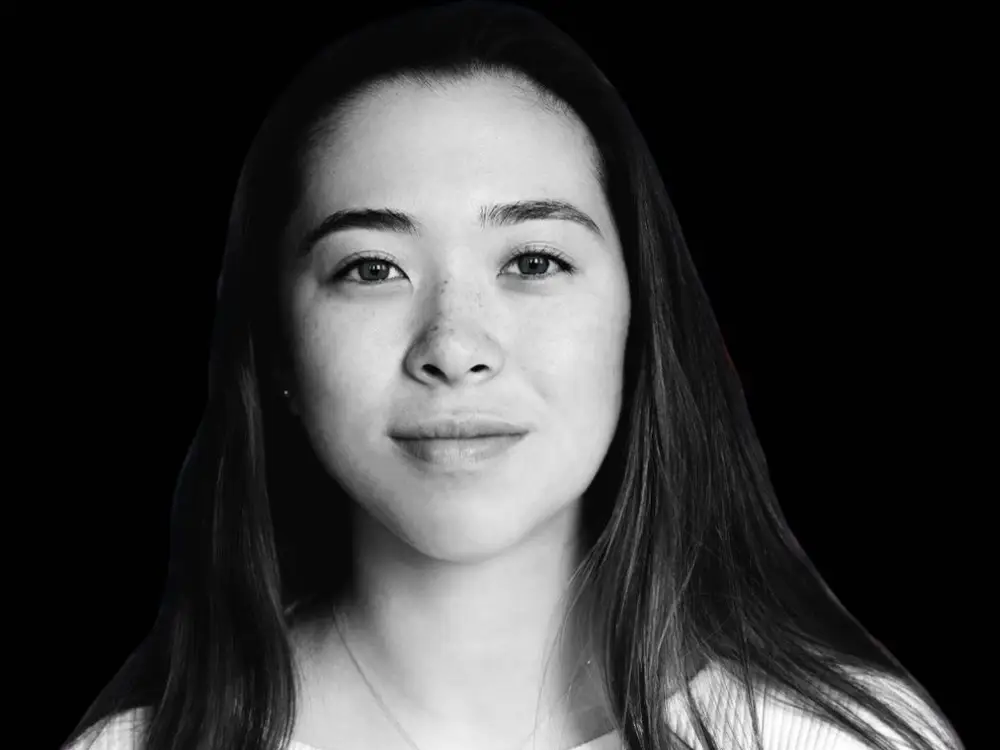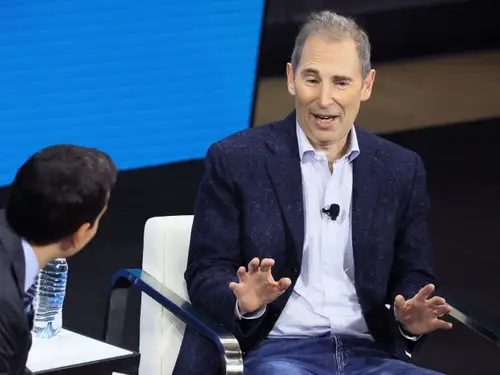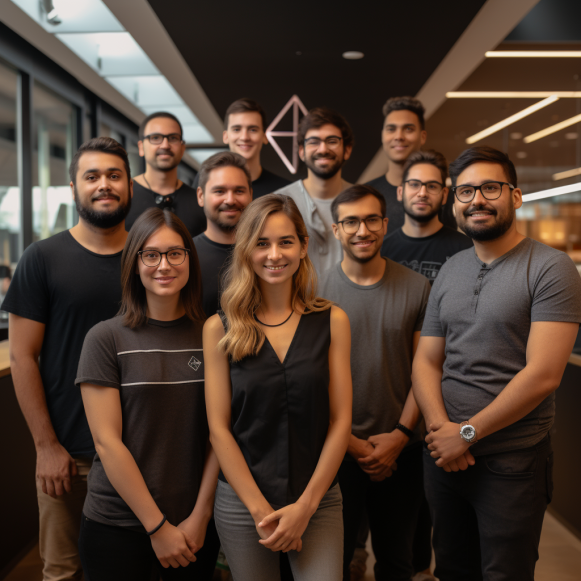I’m a 20-year-old college dropout who founded an AI company. Generative AI has broken down the barriers.

This is an as-told-to conversation with Molly Cantillon, a Stanford dropout and founder of NOX, a personalized AI assistant.
In the same way people cradled iPhones in their hands for the first time 17 years ago, this generation will never forget the first time they used ChatGPT — it felt like true magic.
It shattered the Silicon Valley tech barrier by bringing together people across cultures, occupations, and income levels with renewed optimism about the future. You can’t go into a coffee shop without seeing it light up someone’s screen.
I saw ChatGPT as a prologue to something more profound: A sophisticated personal assistant who understood me better than I understood myself.
People crave having someone they can consult before making big decisions, someone who replies on demand, coaches them from afar, and proactively completes tasks by considering important, forgotten details. It’s the kind of companion Hollywood and sci-fi have always fantasized about but hadn’t been possible before the generative AI revolution.
NOX, the personal AI assistant I built, was created to fill that void.
I’m building NOX to help people like me stay sane
I initially built NOX as a hardware solution in June 2023. I envisioned it as a wrist-worn recording device that would act as a second brain by capturing and recalling every detail of my daily interactions. It would store all my memorable conversations, action items, and even the small details I had noticed about a friend.
What is ChatGPT? Everything you need to know about the AI tool
After that summer, I returned to Stanford with a box of jailbroken watches, distributed them to my friends, and waited for their feedback.
I would get texts throughout the day that their watch was overheating or had just died. As I troubleshot, I realized that the product’s true value wasn’t just in gathering data about its surroundings, but its ability to execute tasks proactively on behalf of the user.
With the help of OpenAI’s models and tools, I pivoted NOX into a pure software solution that does exactly that. It integrates every stream of information and stimuli a person encounters, interprets them, resurfaces the most important details, and, most importantly, takes action.
So if you need an Uber to your next appointment NOX will book a trip. When you wake up in the morning, it’ll give you a rundown of the meetings you have planned for the day. You can ask NOX to push one back if you have a conflict. It’ll also call people on your behalf, book appointments, text your friends with updates on your life, and set goals and help you track them. The more memories and connections NOX accumulates about someone, the more it can refine its understanding of them and provide personalized insights.
We have over 500 users on the platform, including star athletes like professional Tennis player Reilly Opelka, and a waiting list of over 10,000.
It’s us against the Goliaths.
I left Stanford in December to build full-time. I raised money a week after and have since landed checks from prominent angel investors and OpenAI’s startup fund. I also assembled the most brilliant hackathoners worldwide by stalking sites like Github, ProductHunt, and Devpost (shoutout to our founding engineer, Aayush Pokharel). I convinced them to live with me on air mattresses in Palo Alto.
My life has been unstable throughout the process as I juggle commitments, hundreds of emails, and constant meetings. In some sense, I’m building NOX to help people like me stay sane. It reflects my attempts to balance my obsessive drive with genuine happiness — hacking until 3 a.m. and getting up for my 4-mile run at 8 a.m.
Some might say we’re a group of college dropout nobodies gunning after a crown jewel: A personalized AI assistant. It’s us against the Goliaths. How could we ever disrupt an industry and outpace major corporations?
But generative AI has made it easy to create something valuable fast. The rules are being rewritten at a breakneck pace, so the advantage has shifted toward the newcomers. After years of dreaming about building something big, the playing field feels level for the first time.






